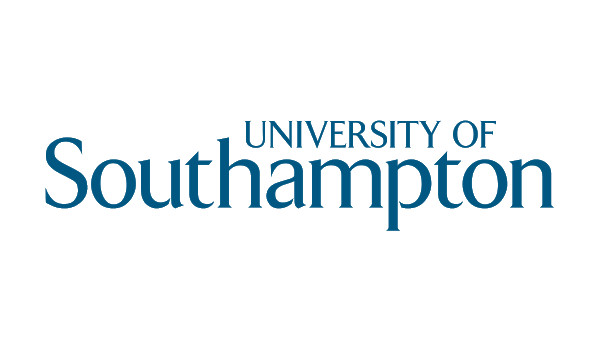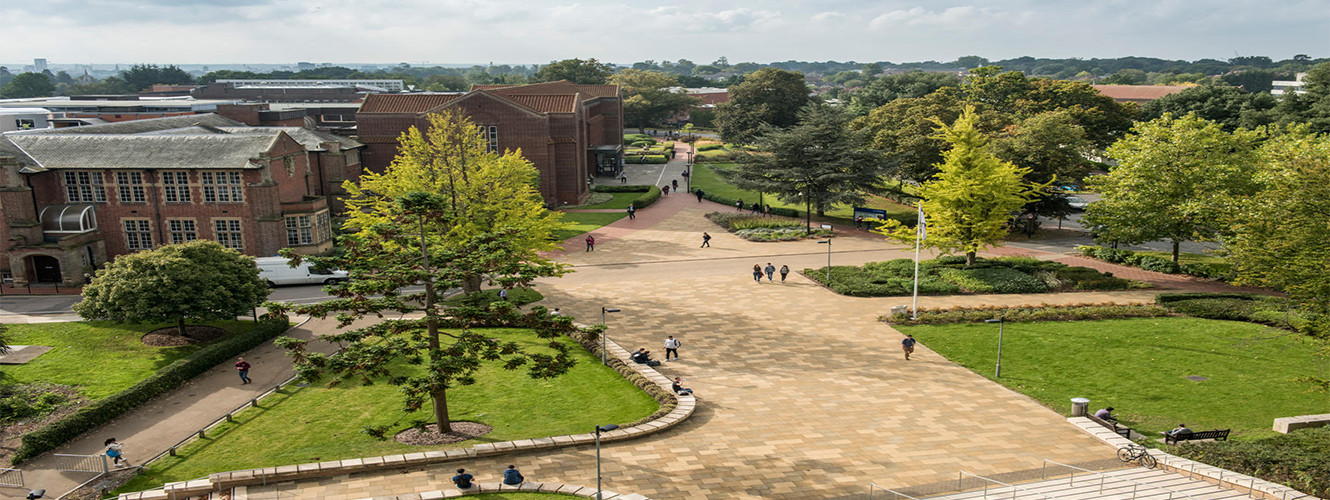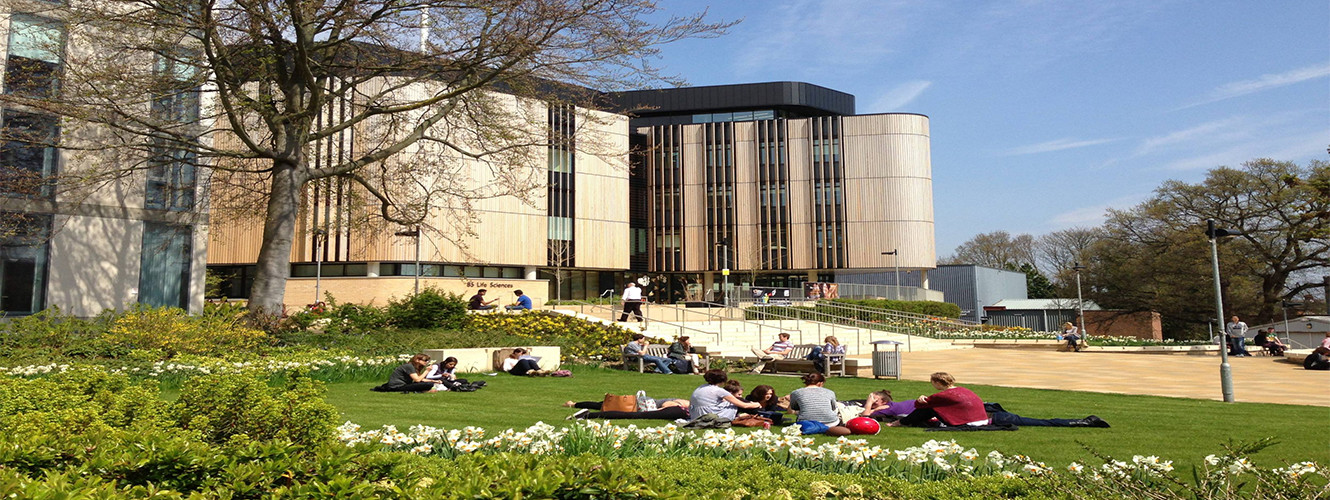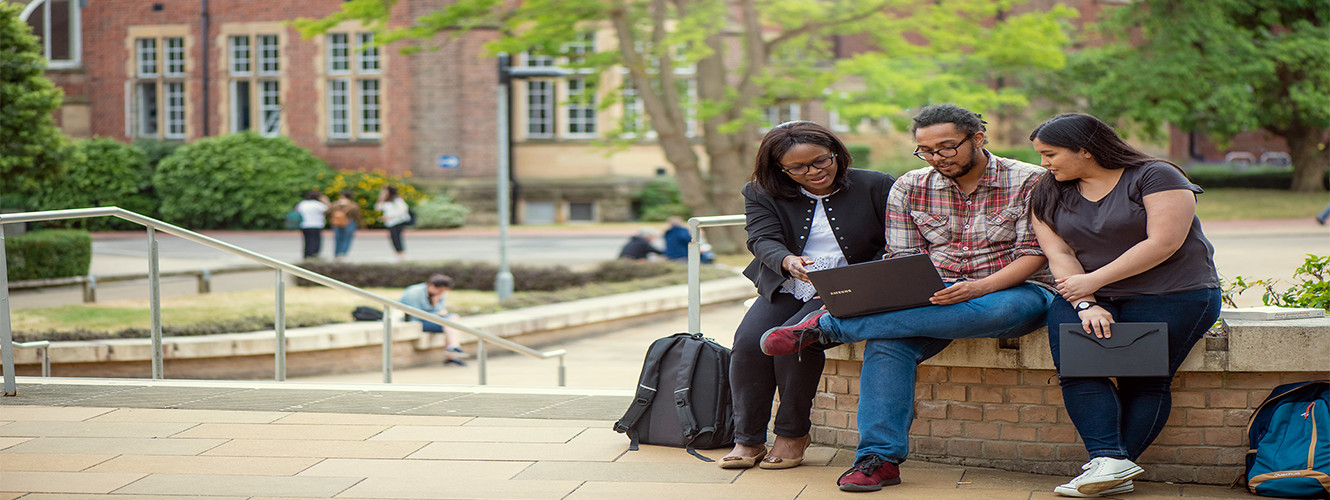UK54 MSc Archaeology Bioarchaeology University of Southampton
-
THÔNG TIN CHUNG
Learn how to uncover the secrets of past lives through the study of human and animal skeletons. With this specialist master’s in bioarchaeology, you’ll gain expertise in human anatomy, with unlimited access to our large skeletal collection. You’ll also develop skills in faunal analysis; we have one of the largest reference collections of mammals, birds and fish in the UK.
We’re ranked Top 30 in the world for archaeology (QS World University Rankings, 2019).
Your specialist bioarcheology learning will cover:
- analysing human bones to understand age, sex, diet, health and migration
- identifying mammals, birds and fish through skeletal remains
- understanding fossilisation and bone modification
- interpreting archaeology from collections of remains
Beyond your specialist modules you can personalise this MSc bioarchaeology degree to your areas of interest through a range of optional modules.
This archaeological science master's is a very practical degree, but you don’t need prior knowledge of biology or anatomy. You’ll spend a lot of time in our dedicated archaeology laboratories and you’ll have access to specialist isotope labs and a scanning, imaging and micro-CT suite.
There's an opportunity to apply your learning on a 4-week placement, where you’ll gain valuable real-world experience of the archaeology sector and heritage industry. Previous placements have included Historic England, Wessex Archaeology and The Nautical Archaeology Society.
We bring expertise together from across the University, including Medicine, Humanities, the National Oceanography Centre, Engineering and Winchester School of Art, to enable you to gain both scientific skills and cultural understanding.
This bioarchaeology master's offers a balance between vocational and research skills. During your dissertation you’ll be able to embed with one of our research groups to do original research on a topic that you choose. There is the possibility that this work will be published.
Southampton is close to the World Heritage sites of Stonehenge and Avebury and we have research projects engaged with both sites, as well as a range of other archaeological projects across the Globe.
-
CƠ HỘI NGHỀ NGHIỆP
You’ll gain lots of practical, vocational experience on the course. Most students go on to work in archaeology, the heritage industry and science. Job roles have included:
- bioarchaeologist
- archaeologist
- maritime archaeologist
- project officer
- trainee geophysicist
- community outreach
- coastal process scientist
- civil servant
- teacher
- forensic scientist
- ĐIỀU KIỆN ĐẦU VÀO
- ĐIỀU KIỆN NGÔN NGỮ
- HỌC BỔNG
- ĐỊA ĐIỂM
Tóm tắt
-
Phí ghi danh
0
-
Độ dài khoá học
1 năm
-
Kỳ nhập học
Tháng 9
Phí Cơ Bản
-
Loại Tiền
-
Học Phí
Trên năm -
Phí Sinh Hoạt
Trên năm -
Tổng






